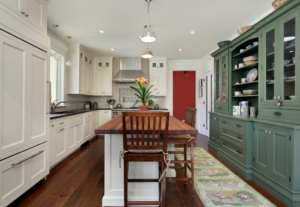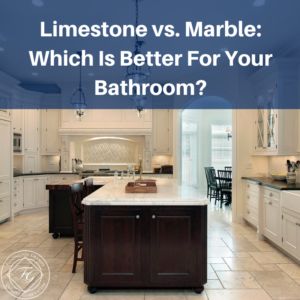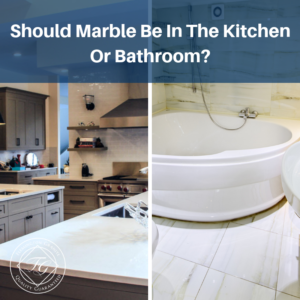
One of the biggest decisions you will have to make when remodeling your bathroom is the type of countertop you plan to use. Bathroom counters suffer from daily abuse, with hot curling irons, makeup, shaving utensils and other items that can easily damage the surface. Before you decide on a particular type of countertop, it is important to understand the differences between them.
Cultured Marble
One popular option for bathroom countertops is cultured marble. They are bright, white counters that are often shown in home improvement stores as well as on many vanities that are pre-constructed. Cultured marble counters are created by mixing marble dust with resin that creates an extremely durable surface. The counters require no maintenance and resist staining. You can even find cultured counters in granite and other stones. They are available in a wide-range of colors and pair well with both modern or classic bathroom styles.
Natural Stone
Instead of cultured stone, you can opt for natural stone countertops in your bathroom. Natural stone, such as granite or marble, are cut from large slabs and are the same types of counters used in kitchens. No two natural stone slabs are the same which means your bathroom will have a more unique counter than found in the one-size-fits-all cultured countertop options. Since bathroom counters are usually small, you may be able to find a remnant that may even cost less than cultured stone. It is important to know that marble and granite are susceptible to staining from some chemicals. Sealing them can help protect the surface, but it must be done regularly.
Tile
Another popular option for bathroom countertops is tile. Most homeowners choose ceramic tile as it is one of the most affordable and readily available. Because tile requires more maintenance than other types of countertop, it is recommended for small spaces. Another benefit to tile is that you don’t necessarily need to hire a professional if you have just a few DIY skills.
Other options for bathroom counters are soapstone, sandstone or slate, but these stones need regular sealing. Soapstone, which is much softer than other types of stone, is resistant to liquid damage, however. If you need suggestions for your bathroom counter, contact us today by filling out the easy online form or give us a call. Our talented customer service staff can help you choose the stone countertops that will work best for you and your family.






